V-Star
The Unity V-Stars across the country
The V-STAR unity day has become an event that attracts more than a hundred thousand school children annually from every province and corner throughout Thailand who had to satisfied moral-standard requirements before they can converge at their destination – Wat Phra Dhammakaya. On this day, fun activities are presented to encourage interaction and stimulate exchange of ideas amongst domestic and international V-Star students. The students also take part in an ethic quiz to help assess moral standard level of today’s youth, explore the world’s largest exhibition on the Buddha’s life story, and experience the stunning 3D movie on heaven and hell. In addition, outstanding students will be awarded scholarship funds sponsored by kind-hearted adults who recognize the importance of cultivating academically bright students and wholesome citizens for society.
” Since the human life cycle is so short, people will be best at meditating if they start when they are in good health and at a younger age”

The V-Star Project has drawn interest from many organizations and sectors and garnered strong support from administrators and teachers from numerous institutions, private organizations, and volunteers from moral education programs. Each year, more and more schools have joined the V-Star Project and participated in activities geared at developing our youth to be well rounded individuals.
V-Star Unity Day is an exciting event that strives to creatively motivate students to be virtuous. The awe-inspiring scene of hundreds of thousands of V-Star students coming together to perform good deeds will be the catalyst for youth all over the world who witness the sight to become virtuous themselves and to unite to make World Peace a reality.
The 5UG Solution for A Brighter Future of the Nation
“V-star” stands for “Virtuous stars.” It is a moral education program for youths, conducted in cooperation with the International Buddhist Society and thousands of schools throughout Thailand with the common goal of cultivating the universal values of cleanliness, tidiness, politeness, punctuality, and mind-purifying meditation in the minds of the youth.
These five values (5 Universal Values of Goodness or 5UGs) may appear simple but they have proved to be highly beneficial to the young students themselves, as well as their parents, schools, and local communities when put into daily practice. The value of ‘cleanliness,’ for example, goes beyond cleaning things and places to include the use of clean words and having a clean intention. The results of implementing this program have been tremendous. By helping their parents clean and tidy the house, school or temple, dressing politely, thinking before speaking, being punctual, studying hard, cleansing their minds with daily meditation, and following their morals rather than their impulses, these youths will become the country’s valuable human resources. In short, they learn to take responsibility for themselves, their families, schools, temples and communities through daily practice of the 5UG. Instead of looking for someone or something outside themselves to blame, they look for solutions and always start with themselves.

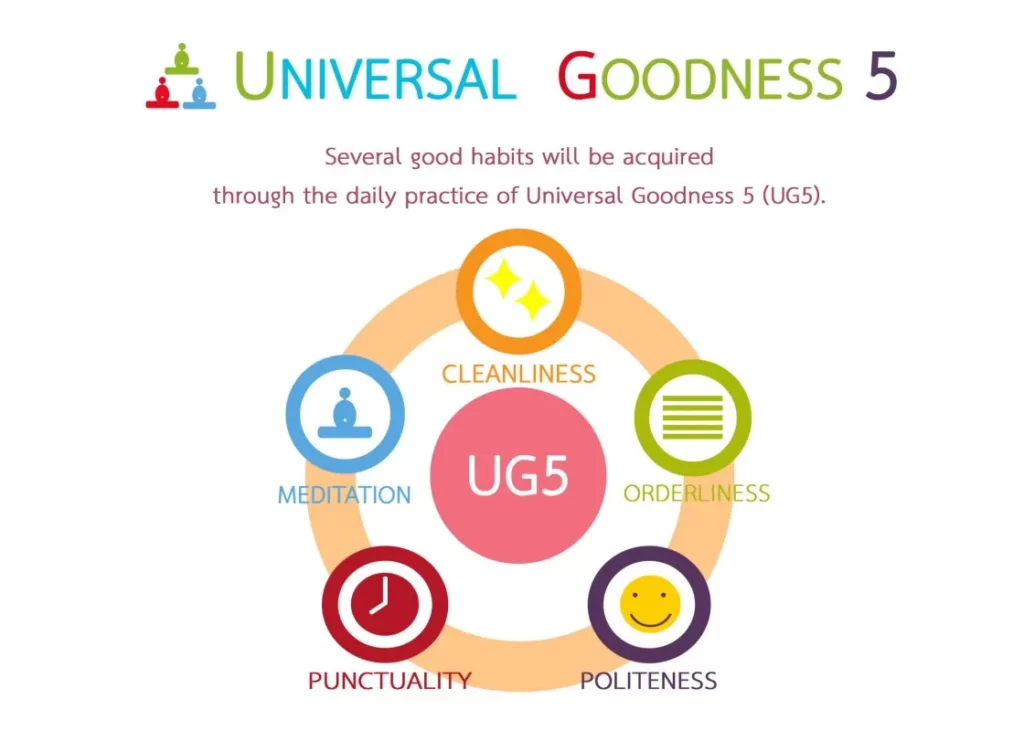
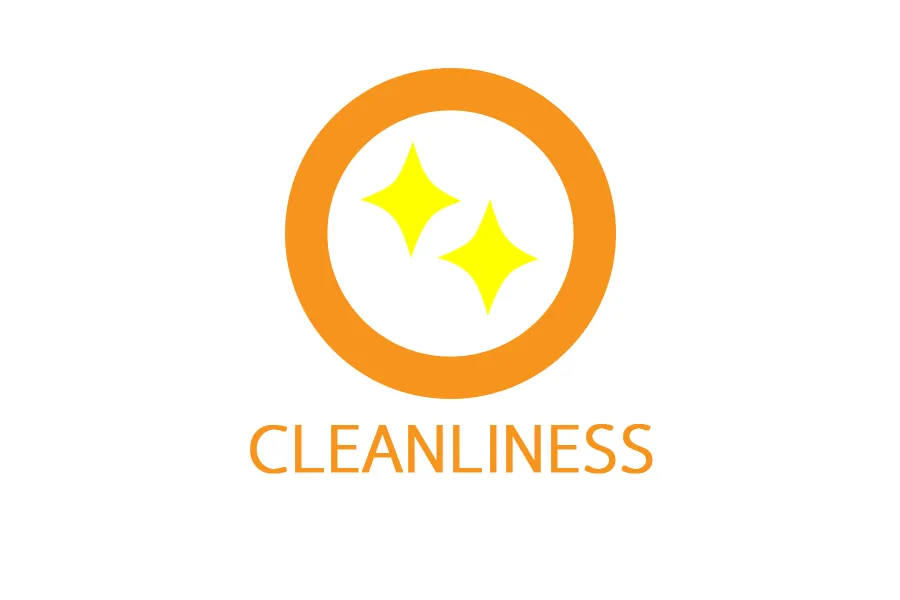
1. CLEANLINESS
Being clean is not alone by body on how long you take a bath or how you care for your physique. It is not only about what you take in and use to make sure you have a glowing and healthy skin, it is much more. To be clean means helping in daily household chores, making sure you live in a hygienic shelter and environment. You yourself take full responsibility in cleaning every space in your home, it may be as simple as sweeping, wiping your kitchen to scrubbing your toilet bowl. When your residence and atmosphere is sanitary, you are then cleaner. Let’s imagine you stepping out of the bathroom all fresh but your room is a mess eventually you will catch the dust and bacteria which has been surrounding your room resulting to irritation and an unhygienic self. Having a dirt-free environment and body also gives you a positive state of mind.
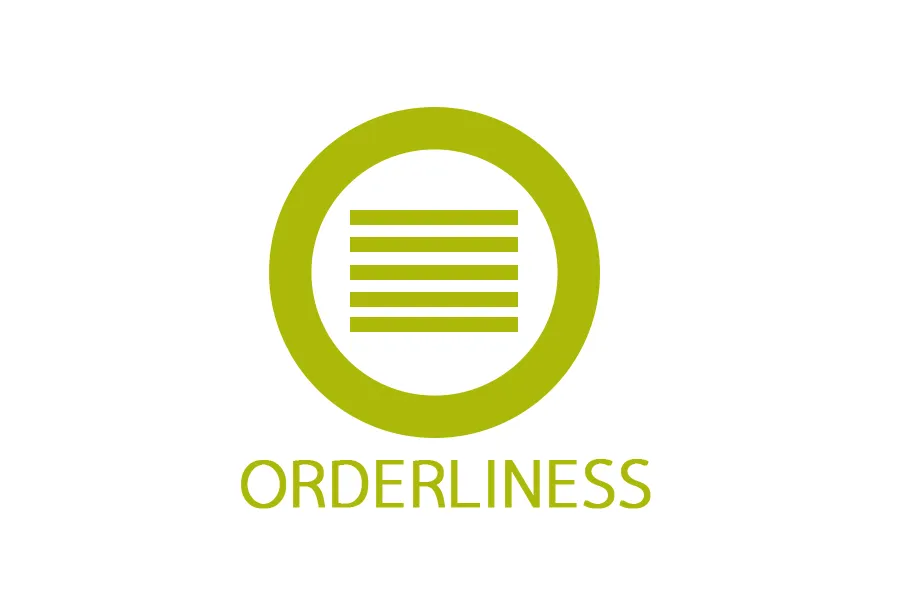
2. ORDERLINESS
Orderliness is having a sense of where things belong and how they relate to each other, and keeping them organized accordingly. Some questions which may relate are:

How you put your things in order says a big notion into your life. When you can’t put arrange your stuff seems like you can’t put your life on track. An orderly environment gives you a healthy thinking, a reassurance that everything is fine and going the way you want it to be. When you have a messy purse it seems like you have a messy life. Now you might be telling yourself that you’re too busy to fix things. Well, can’t you give a few minutes to just sort out your purse and all the clutter in your well-being? You don’t need to do it all at once. All things in life is a process and an assured process is a step by step type.
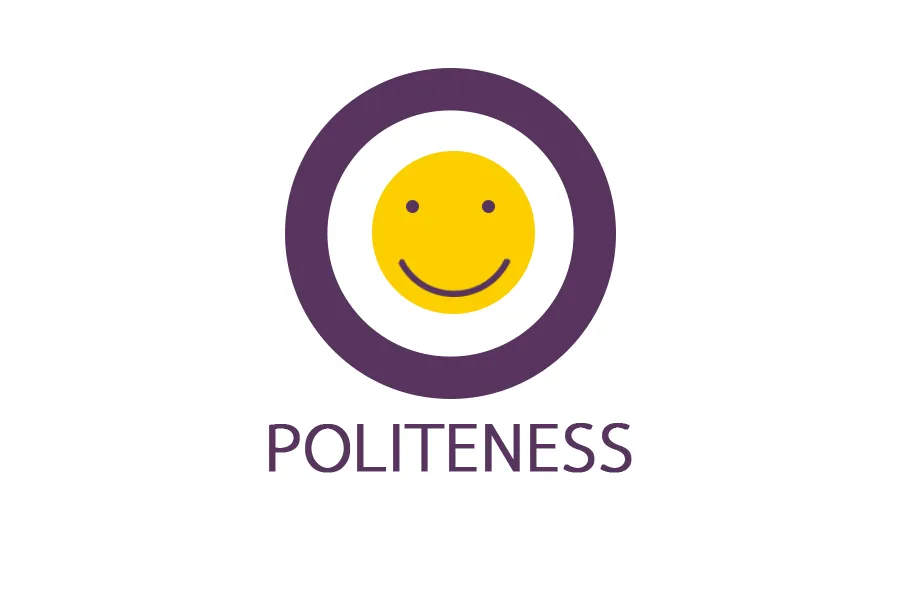
3. POLITENESS
The Golden Rule or also known as the ethic of reciprocity, has a meaning of us believing that people must aim to treat each other as they would like to be treated themselves. It came from human feelings and experience and it insist that people should think about others and try to imagine how they might think and feel. So if you’re kind, people will be kind to you. If you respect others then they will also respect you. Life is a give and take situation but it does not mean that because it will be reciprocated, you tend to become polite because you want others to be polite to you. Politeness is having good manners or etiquette so you must ask nothing in return. When you do a good deed it gives you this good feeling inside of you and you can think of that as the return, the feeling of knowing you’re a good being and you did nothing evil to your fellows. You do things not in the hope of gaining something but you do it because you were raised to and also because it is your willingness to act.
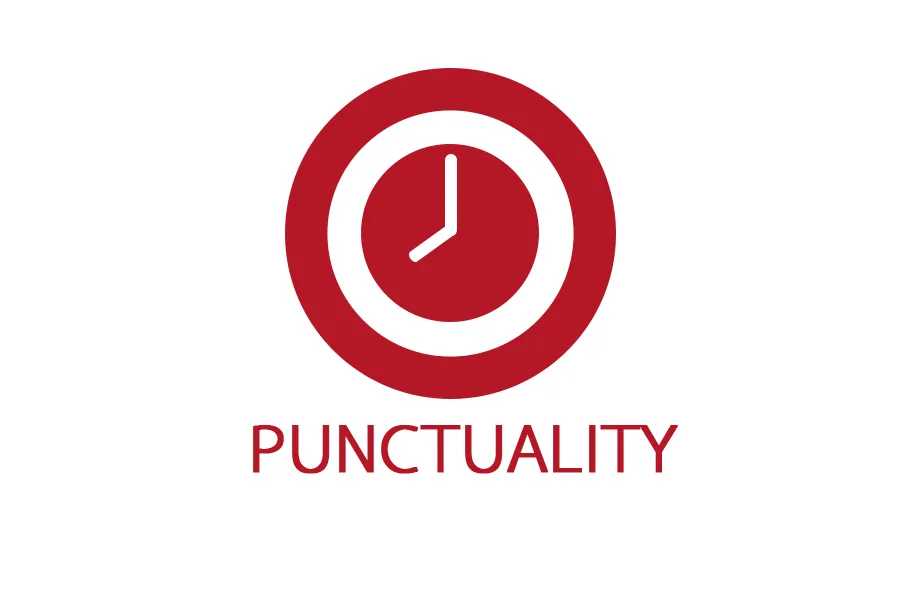
4. PUNCTUALITY
When we say punctuality it is synonymous to “on time”. A person who is punctual finishes his task before or on the designated time. He is either early on events or arrives on time. Filipinos are one of those who are almost always late because of the belief on “Filipino Time”. Filipino Time is believing things get done whenever they get done. An official timing of the Philippines is setting up a party for 6:00 but it would be interpreted as 7:00 or later.
Punctuality has been wiped out in most Filipinos and in most times of getting late the excuse is “Filipino Time.” It has been made an excuse for many occasions and no one has tried to fix it in a general manner. The importance of punctuality is valuable but most people do not see it. If you’re a person who uses “Filipino Time” as an excuse well how many minutes or even hours have you wasted in a lifetime because being late is casual? How much time have other people wasted because they waited for you? Haven’t you ever thought that the minutes you were late could be an added time to the meeting you were at, an early dismissal, a break before another appointment and so much more things could have been accomplished. Punctuality seems very important now and it is. A monk named Ven. Burin once said, “Punctuality is important. I practice being early every time say 15-30 minutes before the schedule because it also gives me authority on other people I am with. When you are late, there would be a possibility that the team will give you all the hard tasks to be done.” Being punctual is tough but through daily practice you’ll get used to it, the same as the other values.
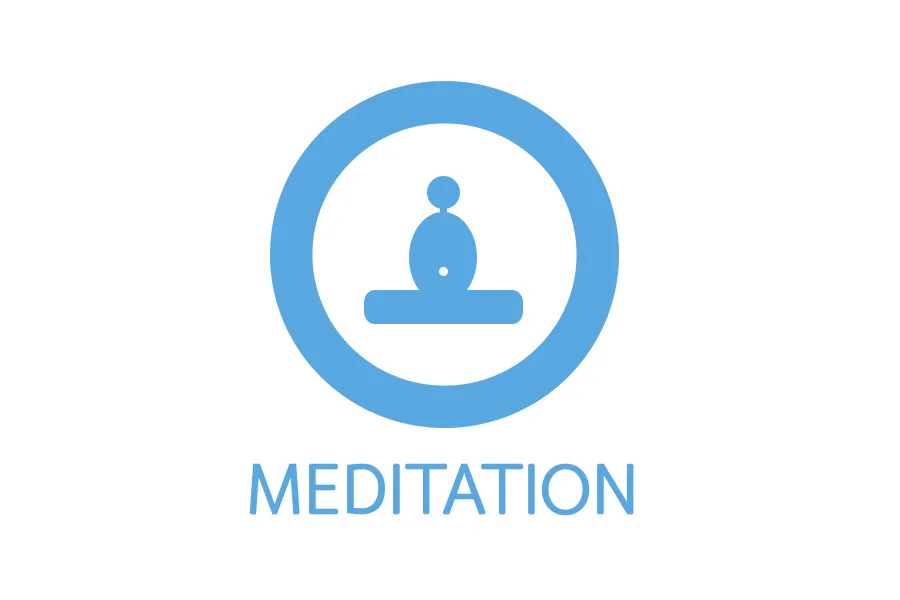
5. MEDITATION
Meditation is the training of the mind to focus and to bring a kind of consciousness. Through practice you can in due course achieve a higher level of awareness and inner peace. There will become an eventual change in your actions and to your life alone which can even affect those around you. Meditation makes your mind cooler and one example in return is good decision skills. There are many kinds of meditation which you can abundantly choose from but The Middle Way Meditation Institute and through many research have discovered the most effective.
The middle way meditation technique is actually discovered by Buddha but is it by no means a reason to say it is religion based. It can be for everyone. It focuses on the center of the body and its two basic concepts of simplicity are relaxation and mindfulness. The do the position:
(1) Start by sitting in the half-lotus position, upright with your back and spine straight — cross-legged with your right leg over the left one.
(2) Your hands should rest palms-up on your lap, and the tip of your right index finger should touch your left thumb.
Try to find a position of comfort for yourself. Don’t take up a position where you have to force or stress yourself unnaturally — but at the same time, try not to slouch.
(3) Softly close your eyes as if you were falling asleep. Don’t squeeze your eyes shut and make sure you have no tension across your eyebrows.
(4) Relax every part of your body, beginning with the muscles of your face, then relax your face, neck shoulders, arms, chest, trunk and legs.
(5) Make sure there are no signs of tension on your forehead or across your shoulders.
(6) Focus on the task in hand, creating a feeling of ease in your mind. Feel that you are entering upon a supreme state of calm and ease with both body and mind.
A more simplified formula is (1) Relax your body, (2) Keep your awareness at the stomach, (3) Do nothing, (4) Use Visualisation and Mantra. Meditate to refine your thoughts because they will make your life.
By practicing the five universal goodness, people do not only grow intellectually, but also morally and spiritually. It is also through these 5 practices you acquire several good habits.
“Take care of your Thoughts because they become Words.
Take care of your Words because they will become Actions.
Take care of your Actions because they will become Habits.
Take care of your Habits because they will form your Character.
Take care of your Character because it will form your Destiny,
And your Destiny will be your Life.”Ralph Waldo Emerson



